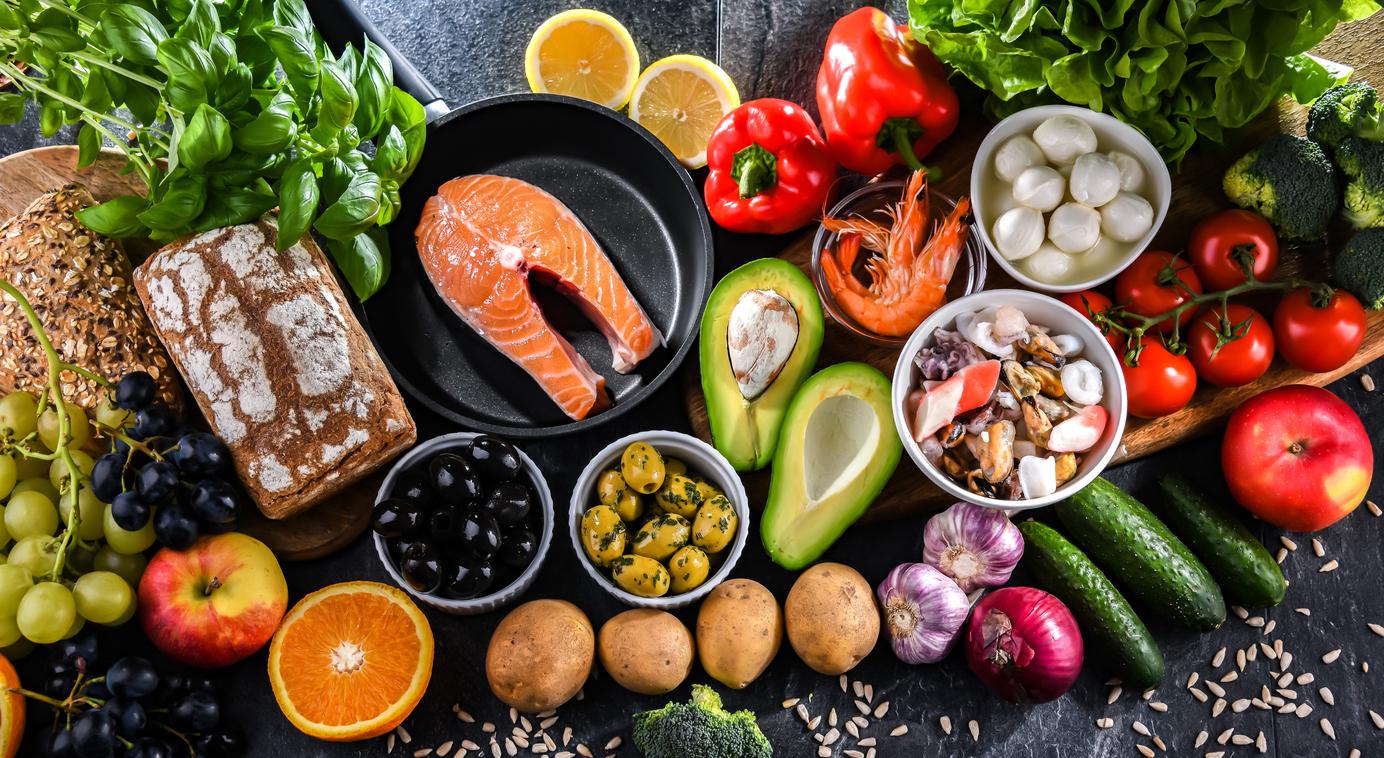the type 2 diabetes is a disease characterized by chronic hyperglycemia, that is, a high level of glucose in the blood. This pathology is very often associated with insulin resistance. Indeed, affected patients produce insulin but the cells become insensitive to this hormone and no longer manage to store glucose, which leads to the onset of cardiovascular and metabolic diseases.
The bacteria have been identified
Numerous studies suggest the existence of a link between the microbiota and metabolic health. To verify this link, an international team of researchers involving scientists from INRA examined the blood plasma and microbiota of 277 people without diabetes and 75 diabetics. They thus proved that the higher the level of BCAAs (essential amino acids which come from bacteria in our microbiota) is high, the more insulin resistance increases.
In addition, the researchers identified four microbial species involved in these interactions between microbiota and insulin resistance.
“Such results open promising avenues for human health: if these bacteria are a risk factor for insulin resistance in humans, the next step is to modulate and reduce them to achieve an optimal balance between the bacterial species in our microbiota and optimize our diet “ emphasize the researchers.
This INRA study was published in the journal Nature.
Read also :
The number of diabetics quadruple in 35 years
These bacteria that want us well
















